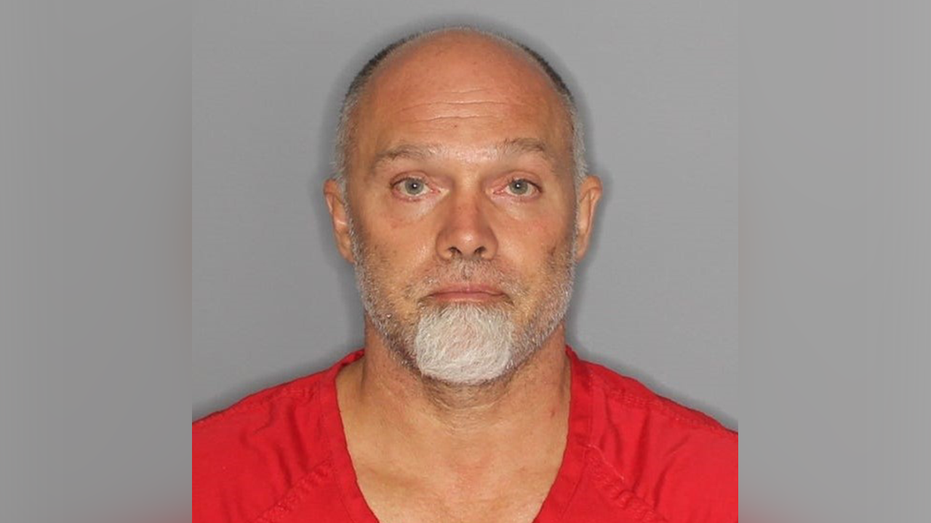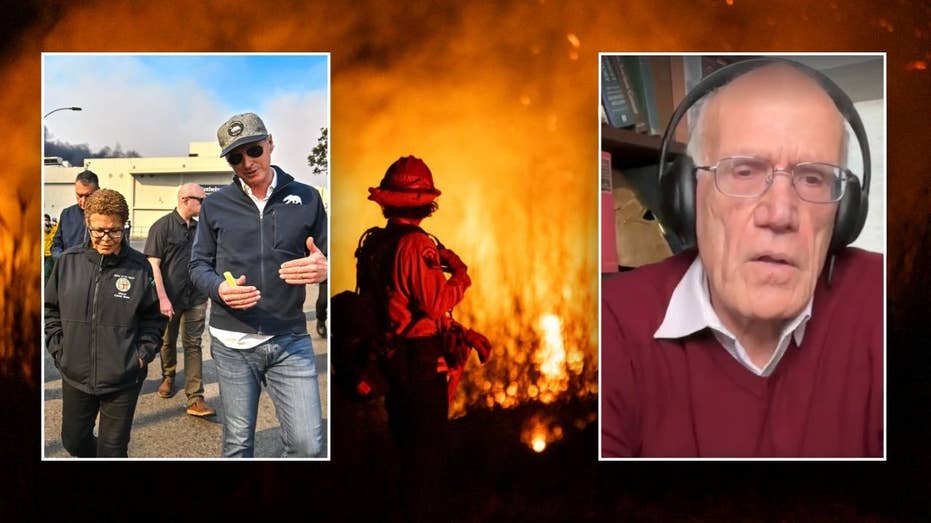Blackouts expose the Cuban regime's excuses for failure
Cuba's communist regime has failed to provide basic necessities such as food, medicine, and healthcare, and has resorted to repression and modern slavery to maintain its grip on power.
The blackouts in Cuba have shed light on the lies of communism.
No, Cuba is not a paradise of free health care and social welfare. It is an impoverished and miserable island whose military leadership has been living in luxury for 65 years at the expense of its people.
After eight days of blackouts and shortages of drinking water, dictator Miguel Diaz Canel left his light blue guayabera and took out his old military uniform. He took the microphones by the neck and promised beatings or bullets for those who dare to demand their rights by committing the crime of protesting.
The embargo against Cuba — the dictators' classic excuse for its perpetually slumping economy — ended long ago. Cuba receives thousands of goods from Canada, China, Spain, Mexico, Brazil, Germany and an endless list of other nations. The chicken most often consumed on the island comes from the U.S., from which it purchases up to $300 million in poultry products annually.
It is not the fault of the fake blockade, but of the Cuban government's real incompetence. Inflation is at 30 percent, with the price of gasoline up 400 percent. Milk is a luxury product for the vast majority of Cubans. In just three years, the value of the Cuban peso on the street has plummeted from about 50 to 325 per U.S. dollar.
Castro's dictatorship demolished agricultural and livestock production in Cuba. A country that once exported food today begs for it. For the first time in history, the Cuban dictatorship has asked for milk donations from the UN World Food Program, a confession of the regime's scandalous failure. Cuba's regime buys $2 billion in basic products, but corruption and mismanagement generate poverty and shortages of goods.
The Communist Party of Cuba is also promoting modern slavery. All or almost all of its doctors are being rented out abroad to raise money for the dictatorship. They are slaves, earning millions for the regime with their work overseas, for which they receive pennies on the dollar. As a consequence, Cuba is a country without doctors and without medicine. Finding a medical specialist in Cuba is like finding a needle in a haystack.
Communism never creates wealth — it only creates unemployment, hunger and misery. It also creates political repression. Amid the fraudulent elections and atrocious shortages, Cuba continues to maintain the death penalty and torture, as it currently holds more than 1,000 political prisoners.
In the first months of this year, Cuba's dictatorship has perpetrated 600 violations against civil liberties. The Cuban Observatory for Human Rights reported more than 280 violations in February alone. This number could reach 3,000 by the end of 2024.
The bravery of the Cuban people is impressive. Protesting on the island requires an extra dose of courage and desperation. Those who take to the streets literally risk their lives against a regime that does not hesitate to kill in cold blood.
The United Nations, meanwhile, has failed the Cuban people. In October 2023, the regime was elected to the UN Human Rights Council, despite the more than 1,000 political prisoners it holds on the island. This is another example of the success of the regime's false portrayal of itself as a victim when it is in fact the victimizer.
Communist solidarity has failed. China, Russia, Venezuela and even the leftist government of Mexico have proven unable to save Cuba from economic collapse. The blackouts have brought this to light. Cuba survives only thanks to remittances ($2 billion per year) and tourism from the empire (the U.S.) its regime hates and needs so much.
The formula is simple: Democracy and freedom bring prosperity. Dictatorship and repression bring misery. Sixty-five years of communism are too much. Cuba is in labor pains. Things have to change. Let's hope they do, and soon.
Arturo McFields Yescas is an exiled journalist, former Nicaraguan ambassador to the Organization of American States and a former member of the Norwegian Peace Corps.



